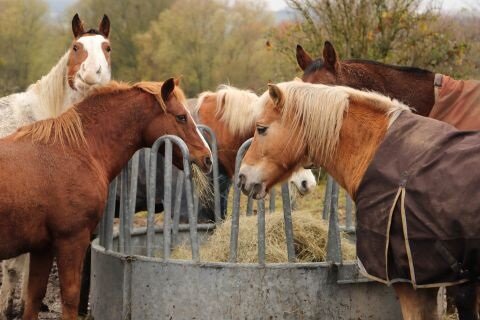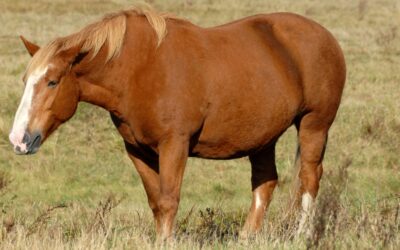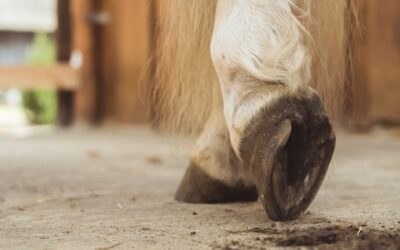
Horses, like humans, can suffer from allergies that affect their overall health and well-being. Various factors, including certain foods and environmental elements, can trigger these horse allergies. Managing horses with allergies can be challenging, especially regarding their diet. In this blog post, we will explore the factors to consider when feeding horses with allergies so that you can ensure the best possible care for your equine friend.
Understanding Horse Allergies
Before diving into dietary considerations, it’s crucial to understand horse allergies. Common allergens for horses include dust mites, pollen, mold spores, and even certain types of bedding. Food allergies, however, are less common but can be equally problematic. When a horse develops an allergy, its immune system overreacts to a normally harmless substance, leading to a range of symptoms, such as skin irritation, respiratory issues, and digestive problems.
Factors To Consider:
- Allergen Identification: The first step in managing a horse with allergies is to identify the allergen(s) responsible for the reactions. This may require a consultation with a veterinarian who can conduct allergy tests. Once you know what triggers the allergies, you can make more informed decisions about the horse’s diet.
- Consult With a Nutritionist: Seeking advice from an equine nutritionist or veterinarian who specializes in equine allergies can be invaluable. They can develop a customized diet plan tailored to your horse’s specific needs, ensuring that it receives the essential nutrients while avoiding allergenic substances.
- Grain-Free Options: For horses with food allergies, switching to grain-free feeds may be necessary. These options often contain fewer potential allergens and can reduce the risk of allergic reactions. Ensure that the chosen feed meets your horse’s nutritional requirements.
- High-Quality Forage: Forage should be a significant component of any horse’s diet. Ensure your horse has access to high-quality (hi-fiber) chopped hay or pasture, as this is essential for their digestive health. Pay attention to the source and quality of hay, as poor-quality forage can contain mold and dust, which may exacerbate allergies.
- Supplements: In some cases, horses with allergies may benefit from supplements that support their immune system and skin health. Omega-3 fatty acids, for example, can reduce inflammation and improve skin condition.
Feeding horses with allergies requires careful consideration of various factors, from allergen identification to dietary adjustments. While it can be challenging, providing the right diet is crucial to managing allergies and ensuring your horse’s overall health and comfort. Remember that each horse is unique, so working closely with a veterinarian or equine nutritionist is key to developing a personalized feeding plan that meets your horse’s specific needs.




